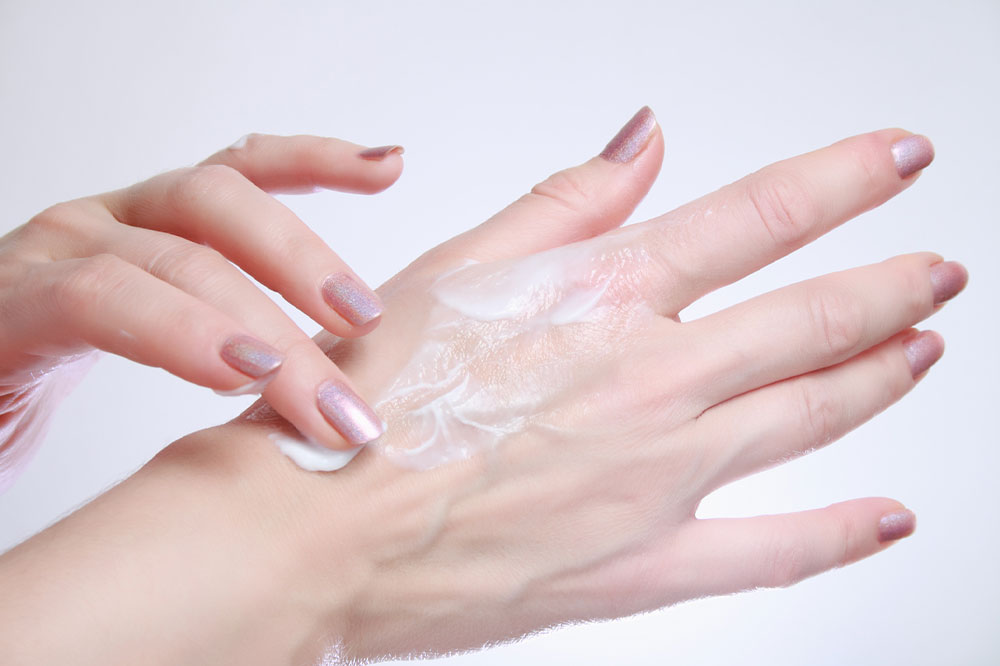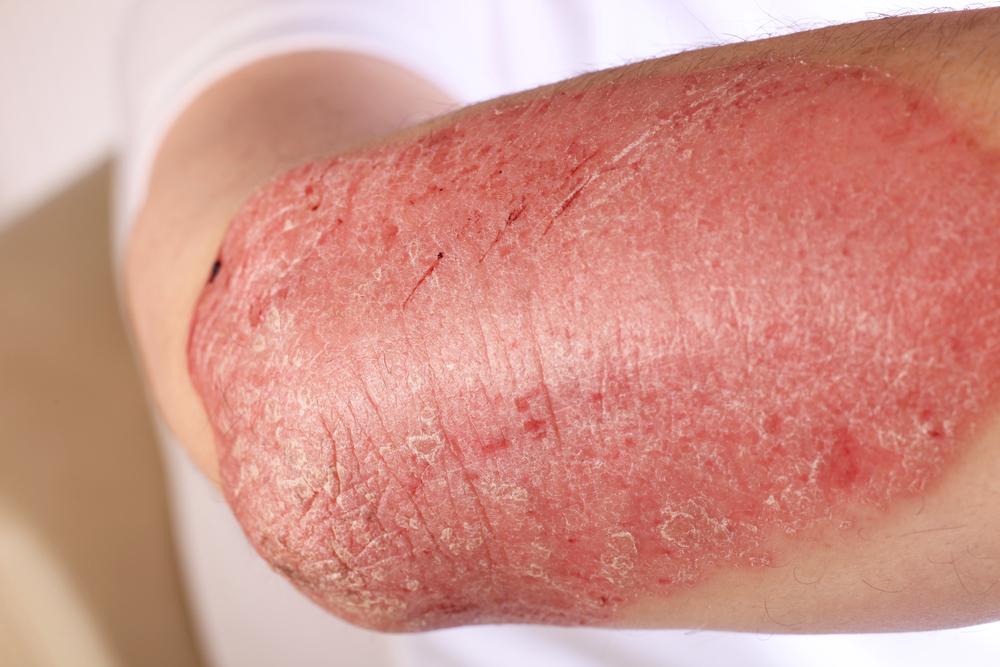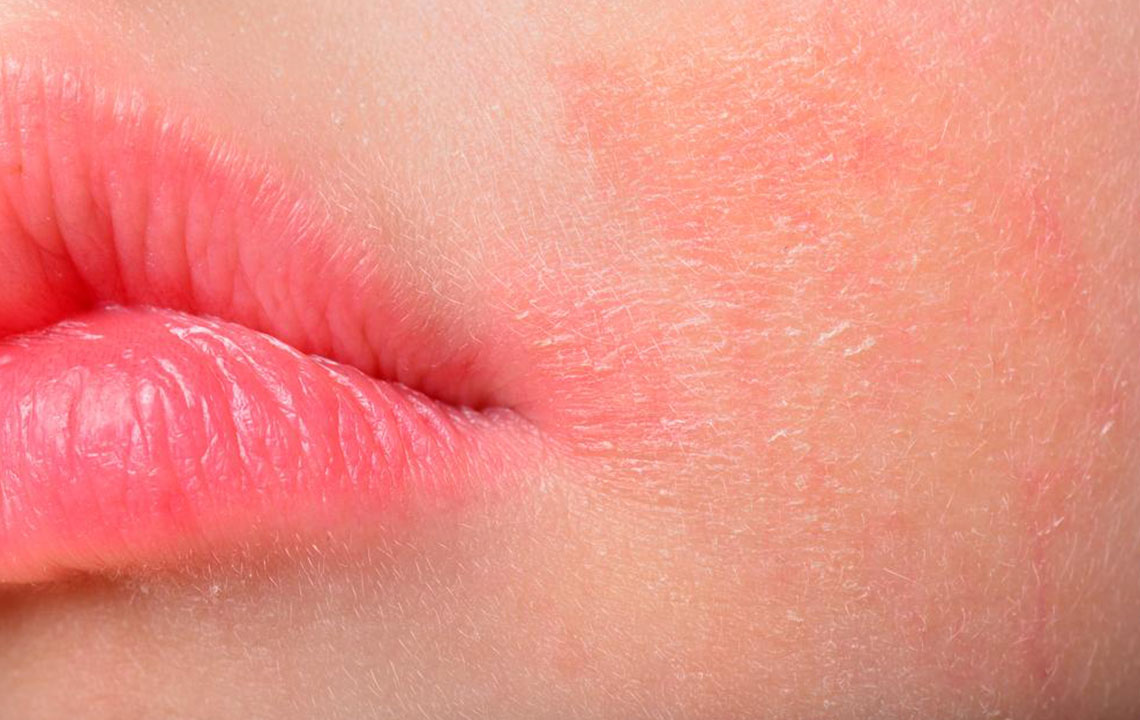Understanding Eczema: Symptoms, Causes, Types, and Treatment Options
Eczema is a common skin condition marked by red, itchy patches. This article explores its symptoms, causes, types, and effective treatment options. Recognizing triggers and proper skin care can help manage this chronic condition, improving quality of life. Learn about various eczema forms, triggers, and therapies to keep your skin healthy and comfortable.

Understanding Eczema: Symptoms, Causes, Types, and Treatment Options
Eczema refers to a group of skin conditions characterized by red, inflamed, and often itchy skin patches. Recognizing the various symptoms is essential for accurate diagnosis and effective management. Several types of eczema exist, each with distinct features and triggers. Though uncomfortable, eczema can be managed by identifying and avoiding aggravating factors, allowing sufferers to lead comfortable lives.
When eczema manifests, it typically begins with red, itchy patches that may become thickened, scaly, or blistered. The appearance varies depending on skin tone and eczema type. Proper treatment includes moisturizers, topical steroids, and avoiding irritants.
Common signs include inflamed, dry, itchy skin, dark or light patches, crusting blisters, and intense itching. Eczema often results from an overactive immune response to irritants such as harsh soaps, fabrics, extreme temperatures, or allergens like pet dander. It’s important to note that eczema is not contagious. Various forms include atopic dermatitis, stasis dermatitis, scabies, fungal dermatitis, and others, each with unique characteristics.
Treatment strategies focus on skin hydration, avoiding triggers, and using topical medications. Moisturizers, corticosteroids, and antihistamines help reduce inflammation and itching. Advanced options like phototherapy or immunosuppressants may be prescribed for severe cases. Managing eczema involves lifestyle adjustments, avoiding irritants, and consistent skin care under medical supervision.
Living with eczema requires awareness of personal triggers such as harsh chemicals, extreme weather, and certain fabrics. Regular moisturizing, proper skin hygiene, and prompt medical advice can minimize flare-ups. Following professional guidance is essential for controlling symptoms effectively and maintaining skin health.










